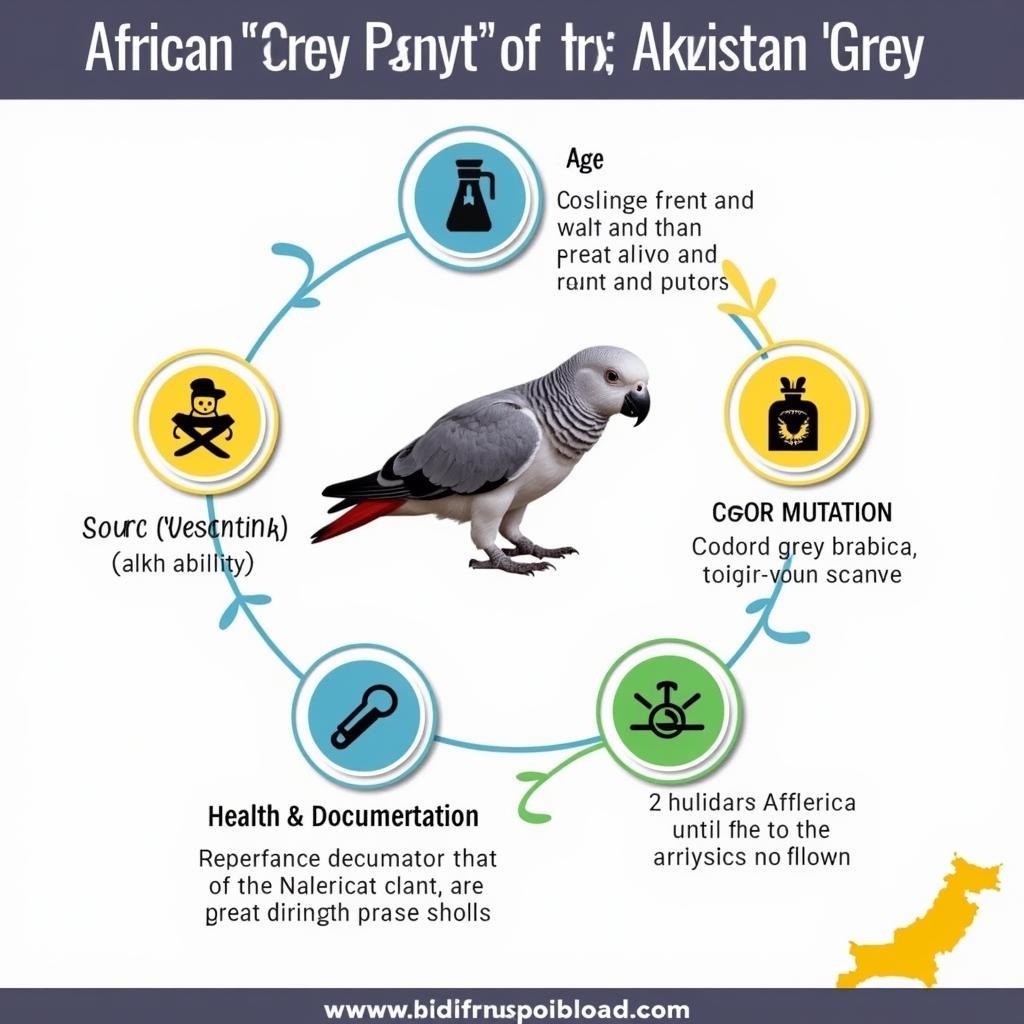African Grey Baby Care: A Comprehensive Guide
African Grey parrots are intelligent, affectionate, and social birds that can make wonderful companions. However, caring for an African Grey baby requires a significant commitment of time, resources, and dedication. This comprehensive guide provides all the essential information you need to ensure your baby African Grey thrives.
Understanding African Grey Baby Development
African Grey parrots are born altricial, meaning they are completely dependent on their parents for care. They are born blind, featherless, and unable to regulate their body temperature. In the wild, African Grey chicks rely on their parents for warmth, food, and protection for the first few months of their lives. This period of dependence is crucial for their development and bonding.
Preparing for Your African Grey Baby
Before bringing your baby African Grey home, it’s vital to prepare your environment and have all the necessary supplies. This includes:
- A spacious cage: Choose a cage large enough for your baby to move around freely and comfortably.
- Safe toys: Provide a variety of chew toys, perches, and swings to keep your baby entertained and stimulated.
- Food and water bowls: Select bowls that are appropriately sized and easy for your baby to access.
- A quality diet: Consult with an avian veterinarian to determine the best food for your baby African Grey.
- A dedicated space: Choose a quiet, safe, and warm area in your home to set up your baby’s cage.
Hand-Feeding Your African Grey Baby
Hand-feeding is a crucial part of caring for a baby African Grey parrot. It involves feeding your baby a specially formulated formula through a syringe or a spoon. This process requires patience, attention to detail, and proper technique.
- Follow the feeding schedule: Consult with a veterinarian for a feeding schedule based on your baby’s age and weight.
- Use the correct formula: Use a high-quality, avian-specific formula that meets the nutritional needs of your baby.
- Feed at a consistent temperature: Warm the formula to the proper temperature before feeding.
- Monitor your baby’s weight: Weigh your baby daily to track their growth and ensure they are gaining weight.
- Be patient and consistent: It takes time and patience to hand-feed a baby African Grey parrot. Be gentle and patient, and your baby will learn to trust you.
Socialization and Training
Socialization and training are essential for your baby African Grey’s emotional and mental well-being.
- Start early: Begin socializing your baby as soon as you bring them home.
- Introduce different people and animals: Expose your baby to a variety of sights, sounds, and experiences.
- Train your baby: Start training your baby with basic commands such as “step up” and “come.”
- Be consistent: Use positive reinforcement techniques and be patient.
- Provide enrichment: Give your baby a variety of toys and activities to keep them mentally stimulated.
Health and Veterinary Care
Regular vet check-ups are crucial for ensuring your African Grey’s health.
- Find an avian veterinarian: Locate a vet experienced in caring for exotic birds.
- Schedule regular check-ups: Schedule regular vet check-ups for your baby, even if they seem healthy.
- Watch for signs of illness: Know the common signs of illness in African Greys, such as lethargy, loss of appetite, and changes in droppings.
- Provide a healthy diet and environment: A balanced diet and a clean and stimulating environment can help prevent health problems.
Expert Insights:
“A baby African Grey parrot is a lot of responsibility, but the rewards are immense. By providing them with the proper care, love, and attention, you can build a strong bond with your feathered friend.” – Dr. Samantha Johnson, Certified Avian Veterinarian.
“Socialization is key to a happy and well-adjusted African Grey. It’s essential to introduce them to different people, animals, and environments to help them develop social skills.” – Dr. Emily Carter, Avian Behaviorist.
FAQ
What is the lifespan of an African Grey parrot?
African Greys can live for 40-60 years with proper care.
How do I choose the right African Grey baby for me?
Consider your lifestyle, experience level, and commitment before choosing a baby African Grey. Talk to a breeder or an avian veterinarian for guidance.
What are some signs of a healthy African Grey baby?
A healthy baby African Grey will have bright, clear eyes, a smooth and shiny coat, and a good appetite.
How often should I clean my African Grey’s cage?
Clean your baby’s cage daily to remove droppings, food scraps, and any other waste.
How much does an African Grey baby cost?
African Grey babies can range in price from a few hundred dollars to several thousand dollars, depending on their age, lineage, and breeder.
Conclusion
Caring for an African Grey baby parrot is a rewarding but challenging experience. By following this comprehensive guide, you can ensure your baby African Grey’s health, happiness, and well-being. Remember, patience, consistency, and a lot of love are essential for raising a healthy and happy African Grey companion.
Note: This is just a sample content. The specific information and structure of the article will depend on your chosen focus and target audience.


